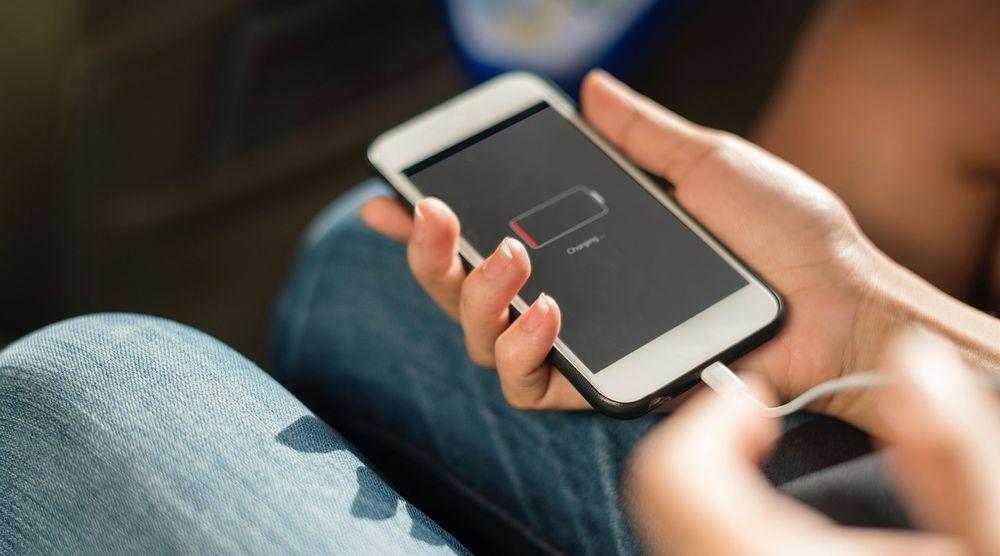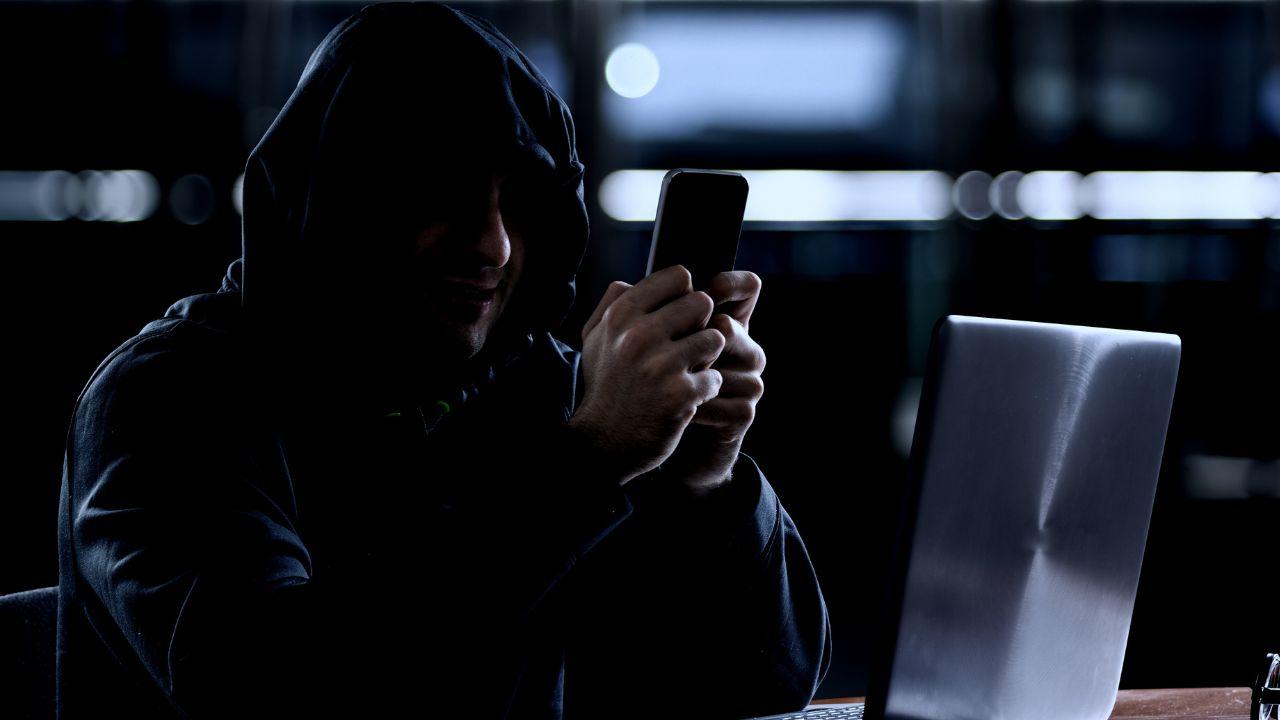Bluetooth is one of those connections that years ago you barely cared about beyond sending photos from one cell phone to another when there was no 3G or 4G. But now we use it constantly: to connect your wireless headphones, to connect your watch, to send music to a smart speaker at home… So you may have asked yourself, is it worth having it always on on your mobile? And we explain why you should turn off Bluetooth when you are not using it.
Although it is really useful, we are not always connected to all types of devices that need this connection so you should turn it off and we will tell you the reasons.
Problems with having Bluetooth turned on
What are the common problems we can have if Bluetooth is on? There are some security risks but you have also surely wondered if you are going to use up more battery or if there is data that could be leaked.
Consumes more battery
Let’s go first to one of the factors that may worry you the most: the longer you have Bluetooth on, the more battery you will consume. This is not a fixed variable, since, as the versions go by, they are optimized to save battery.
How much battery does it use? Depends. But according to different tests, such as one carried out by the Andorid Authority website in 2022, turning on Bluetooth would consume only 1.8% more battery compared to mobile phones that had wireless technology turned off. On average, devices consumed 49.4% of their battery during this 26-hour test with Bluetooth off versus 51.2% with Bluetooth on. Extrapolating this to a full charge cycle, Bluetooth consumes less than 4% of the additional battery life.

It is little but you should keep in mind that it will consume a little more if you have a low battery or are one of those people who want to get the most out of them.
We are more vulnerable
It may seem that keeping the Bluetooth of the mobile device always on does not pose any type of problem for the smartphone, but the reality is that any cyber criminal can take advantage of this to steal data or even much worse situations.
This is why we say that disabling it reduces the remote attack surface of devices and can also prevent you from unintentionally connecting to unknown Bluetooth devices and services. Or what is the same; should be enabled only when actively used.

Continuous sending of information
A peculiar element about Bluetooth technology is that, whenever it is activated, it will be sending data. Regardless of whether it is linked to a device or not. The Bluetooth interface periodically sends our UUID (universal unique identifier) so that other devices in range can connect.
The problem is the data that can be extracted from that UUID, starting with geographically locating the issuing device. This sending of information happens even if we have the device hidden within the detection, it will continue to send this type of information. As you can imagine, this can represent a significant security hole and put the security of our smartphone or any other type of wireless device at risk.
Types of attacks you can suffer
As we have explained to you in previous paragraphs, having Bluetooth always connected can make you more vulnerable and cause you to receive many more attacks… But what can they do to us?
In addition to changing the data we send to impersonate us and impersonate us. Below, we show you the different dangers that affect the Bluetooth connection and what measures to take to protect yourself.
Bluebugging. These types of attacks are the most serious and take advantage of ‘bugs’ in the device’s identification to completely control it. The attackers’ objectives are diverse, from cyber espionage to data theft, virus propagation and even the creation of botnet networks (computer robots).
Bluejacking. Another danger is bluejacking, which consists of mass sending of spam between devices connected to Bluetooth. In this case, the attacker uses the system protocol to send unsolicited messages to the victim via a vCard (personal electronic card), a note, or a contact. It usually uses the device name itself as spam to be more effective.
Conclusion
Then what do we do? As you can see, it is best to deactivate Bluetooth once we are not using it. We may have the advantage of a better or faster connection with other devices through WiFi channels, but this has much less weight if we take into account the fact that it poses a danger to the information stored on the device itself. . Although we must always be realistic and it is increasingly common for us to use this technology in our daily lives and giving it up also has drawbacks…
If you deactivate Bluetooth you will not be able to use the wireless headphones at that time, for example. And you won’t be able to receive call or message notifications on the watch either. So we must always understand that there are advantages and disadvantages and we must assess what weighs more.














